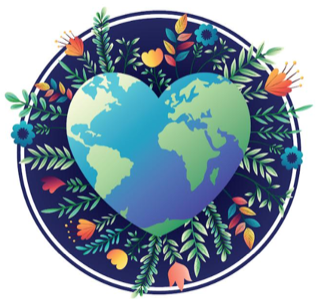“The gang pacts with Bukele are not a thing of the past; it’s a present-day aspect of how one man came to amass total power,” says Óscar Martínez, editor-in-chief of El Faro.
While thousands of innocent people remain incarcerated in inhumane conditions in the prisons of El Salvador, one of the most recognized gang leaders in the Central American country, Carlos Cartagena López, aka Charli de IVU, was secretly released by the government of President Nayib Bukele and has since given an interview to the digital media El Faro in which he shows his face and shares details about his deals with the Bukele administration.
Óscar Martínez, editor-in-chief of El Faro and co-author of the article, told EL PAÍS that “[this interview] describes how gangs turned Bukele into a relevant politician. It allows us to reach the stark conclusions that it is impossible to understand Bukele’s rise to total power without his association with gangs.”
Charli became one of the most famous gang members in El Salvador after starring in the BBC miniseries Eighteen with a Bullet. In the series, Charli, at just 16 years old, already emerges as the leader of one of the most important strongholds of Barrio 18, the IVU neighborhood in the capital. In the video, he confesses to having committed several murders and other crimes. His criminal record has only lengthened over the years, and he is currently a fugitive from justice.
Bukele maintains a merciless public rhetoric against the gangs and has marketed himself as a global example of crime-fighting. But back when he was mayor of San Salvador, he protected the gangs, demanding their support in return. Bukele’s people would give warning to the gangs about police operations targeting their neighborhoods. Gang members, in turn, would threaten political opposition activists in their neighborhoods and force their families and neighbors to vote for Bukele.
There is a wealth of evidence regarding the negotiations between the Salvadoran gangs Barrio 18 and Mara Salvatrucha 13 with the various governments of Nayib Bukele: prison intelligence documents, prosecutorial investigations, photos, audio recordings, and even accusations from the U.S. State Department. Now, these testimonies from Charli and another gang leader are added, providing details of the pacts for the first time.

